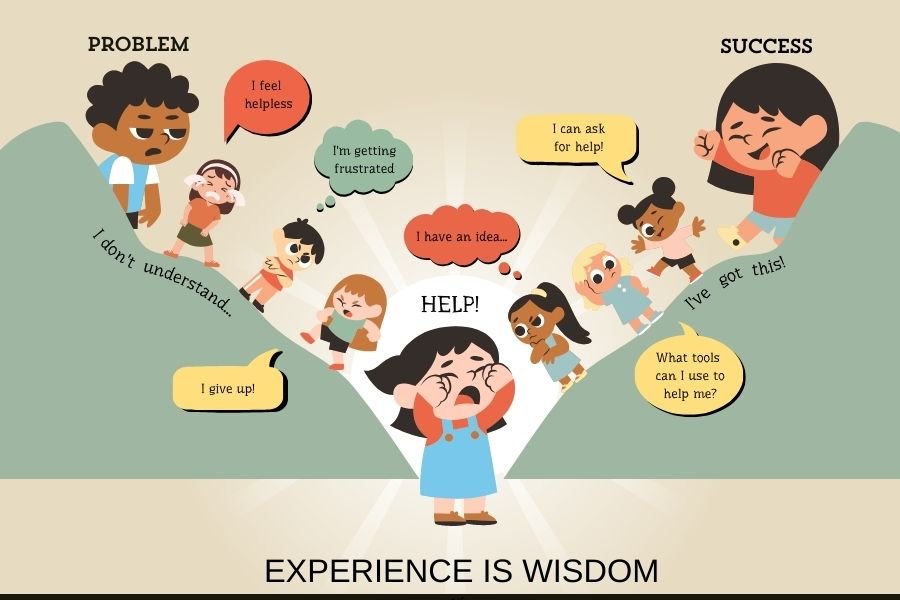 The more we travel, the more we learn about educational leaders’ viewpoints on a child’s emotional well-being and the need for character education. Mr.Ashish Kakwani, the chairman of Billabong High International School, was one of the leaders we spoke with. He discussed how difficult it had been for them to work as the education industry in the past 19 months. He shared his strategies for managing the operations in school. Both the children’s and the teachers’ emotional well-being were discussed. He spoke about how it has been difficult for teachers to handle all of this online system of education; they are under a lot of stress. Teachers faced numerous challenges when it came to taking online classes; they were then trained to operate the school’s online system. The school’s curriculum was also revised, as was the assessment for the betterment of the child.
The more we travel, the more we learn about educational leaders’ viewpoints on a child’s emotional well-being and the need for character education. Mr.Ashish Kakwani, the chairman of Billabong High International School, was one of the leaders we spoke with. He discussed how difficult it had been for them to work as the education industry in the past 19 months. He shared his strategies for managing the operations in school. Both the children’s and the teachers’ emotional well-being were discussed. He spoke about how it has been difficult for teachers to handle all of this online system of education; they are under a lot of stress. Teachers faced numerous challenges when it came to taking online classes; they were then trained to operate the school’s online system. The school’s curriculum was also revised, as was the assessment for the betterment of the child.
He discussed how school focuses on instilling values in children, assisting them in better emotional regulation, developing a giving back to the community attitude, and other ways to help children flourish in their lives. Children are taught to be humble and accepting. When parents send their children to school, they expect and believe that because they are paying the school, the school should be responsible for everything, not just the education, but also the values and character. He believes that value education and the development of a child’s character are much needed.
He discussed parents’ lack of awareness of their children’s emotional well-being. This has been happening all over the country. He spoke about how the school focuses on instilling moral values in the students. He also mentioned that language is a major challenge because the people there are very traditional and find conversing in English difficult. The school tries to promote the English language in the right way. Parents anticipate that their children will only acquire moral principles at school. He talked about how most parents worry about academic achievement and English language proficiency but are unconcerned about the mental health of the child.
Nobody is appreciating teachers’ work; instead, everyone is preoccupied with appreciating police officers, doctors, and nurses. How can teachers help a child be happy if they themselves are unhappy? We had a great conversation with Mr.Ashish Kakwani, and we’re excited to collaborate with him on our mission, wherein we want schools, teachers, and parents to come together to raise a happy child.














